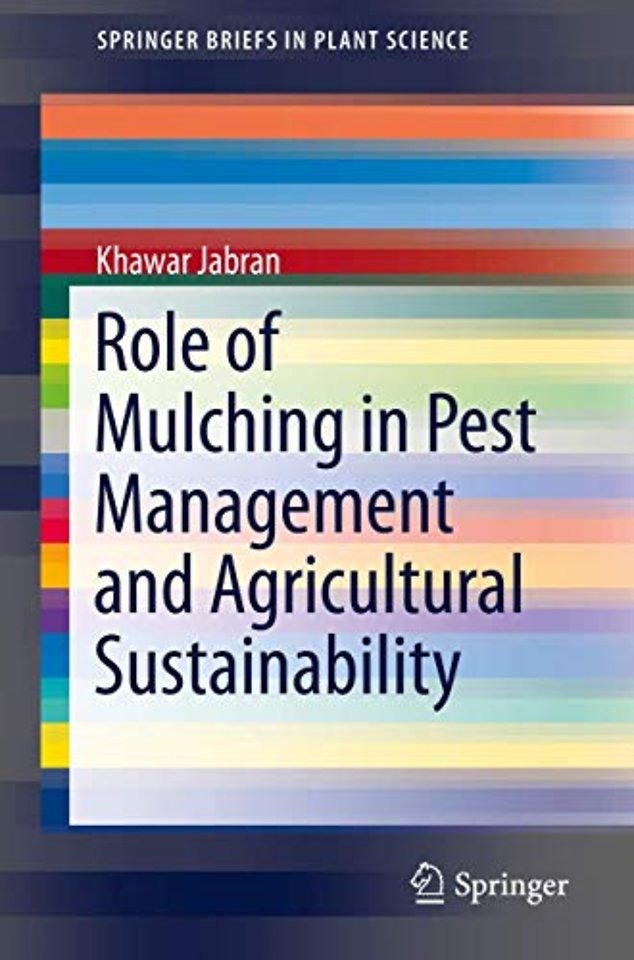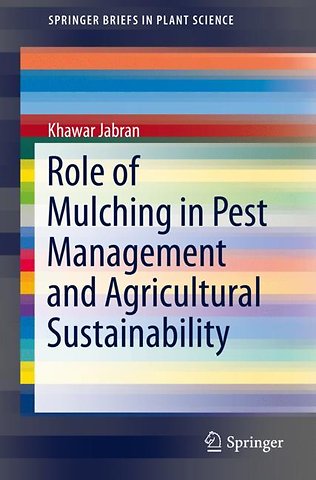Role of Mulching in Pest Management and Agricultural Sustainability
Paperback Engels 2019 9783030223007Samenvatting
This book provides the concepts, techniques, and recent developments with regard to use of mulches in agriculture, utility of mulches for non-chemical pest control, and sustainability of crop production systems. Non-conventional means of improving the sustainability of crop production and pest control are required in the wake of environmental concerns over the use of conventional pesticides as well as the intensive use of land resources. Mulches have been used in agriculture for various purposes; however, there has been an increase in their use more recently, and scientists around the world have conducted more research to explore the benefits of mulching in various agricultural systems. Mulches have been found advantageous in non-chemical pest control, soil and water conservation, improving fertility, and improving microbial activities in the soil. While this is a topic of current importance, the information use of mulches in agricultural fields is rarely compiled in one comprehensive location to provide a full account of various aspects of mulches and their utility. This book will be helpful for researchers, growers, and students.
Specificaties
Lezersrecensies
Inhoudsopgave
Rubrieken
- advisering
- algemeen management
- coaching en trainen
- communicatie en media
- economie
- financieel management
- inkoop en logistiek
- internet en social media
- it-management / ict
- juridisch
- leiderschap
- marketing
- mens en maatschappij
- non-profit
- ondernemen
- organisatiekunde
- personal finance
- personeelsmanagement
- persoonlijke effectiviteit
- projectmanagement
- psychologie
- reclame en verkoop
- strategisch management
- verandermanagement
- werk en loopbaan

